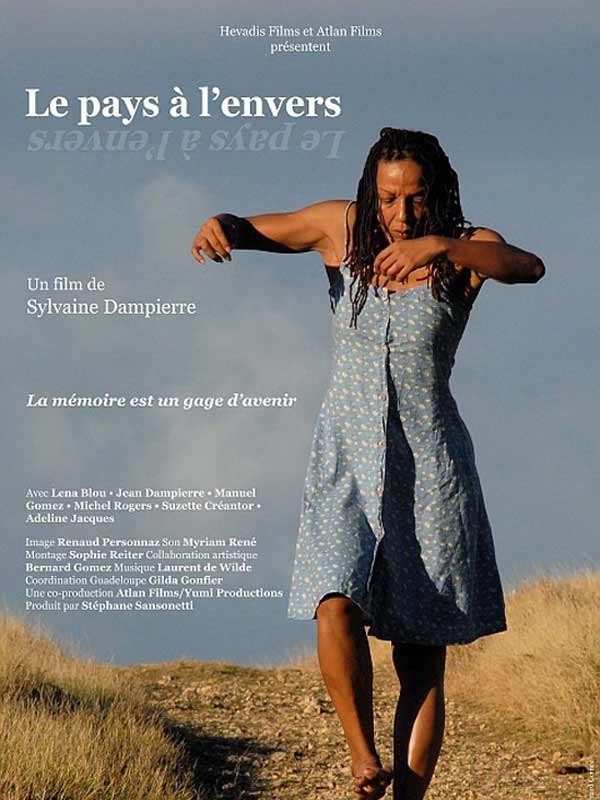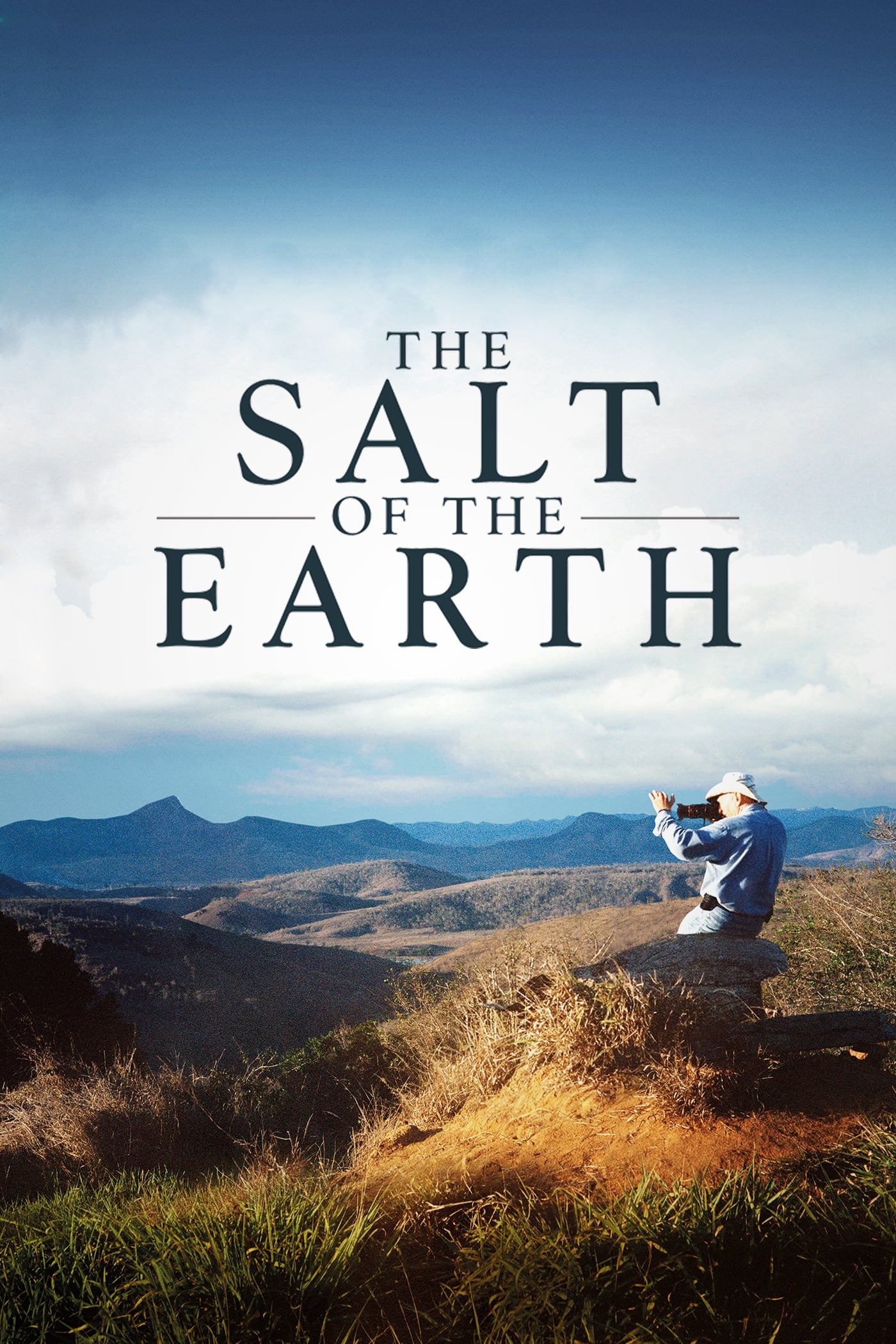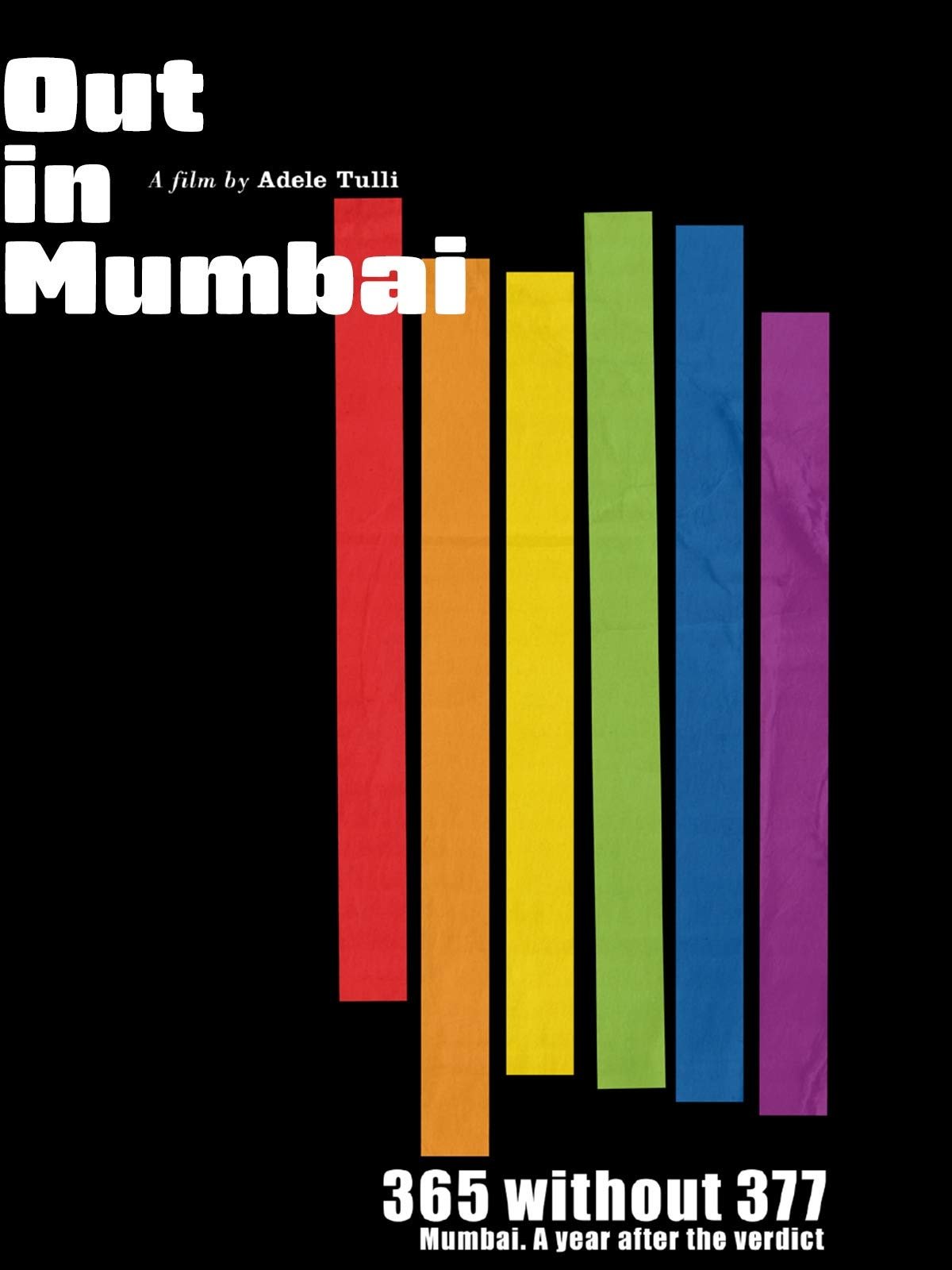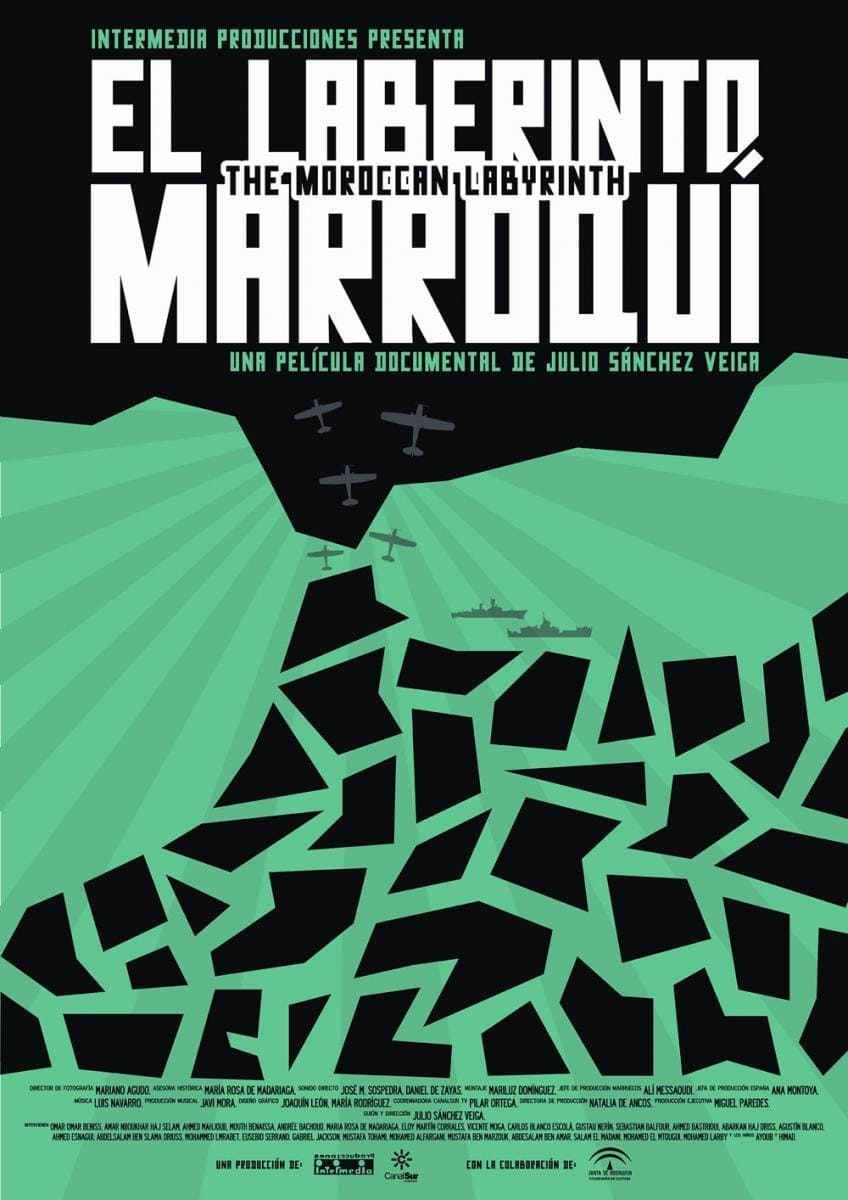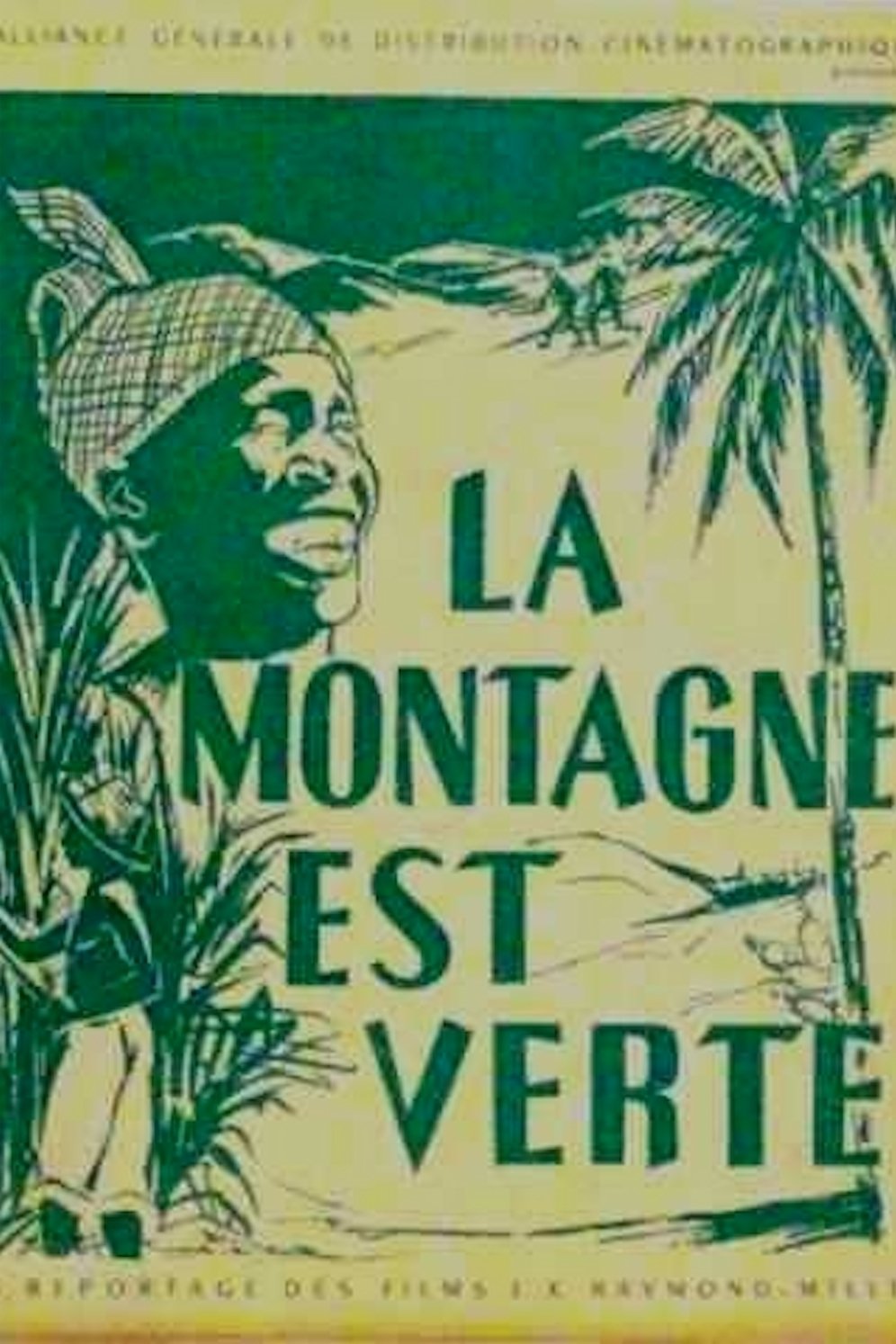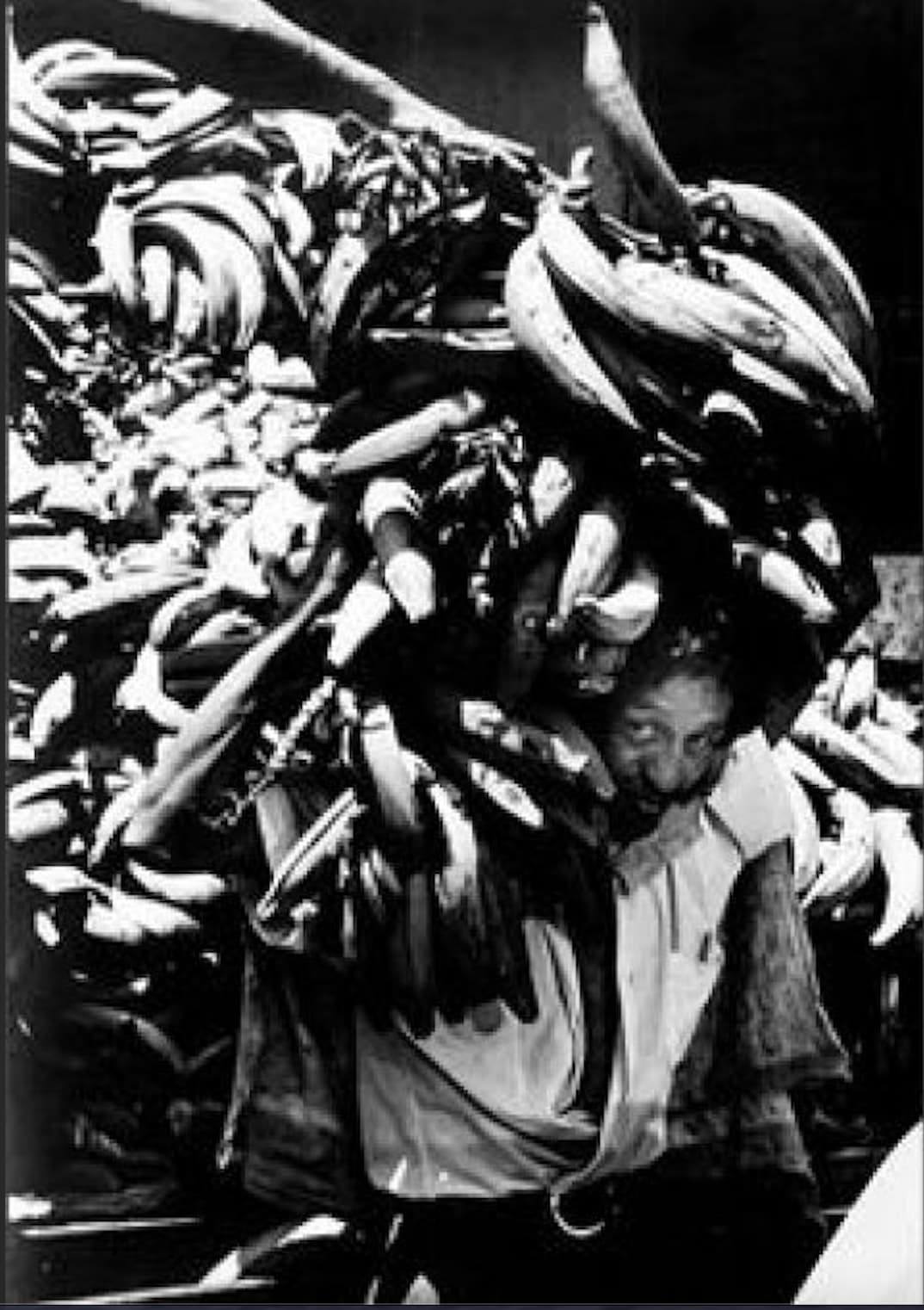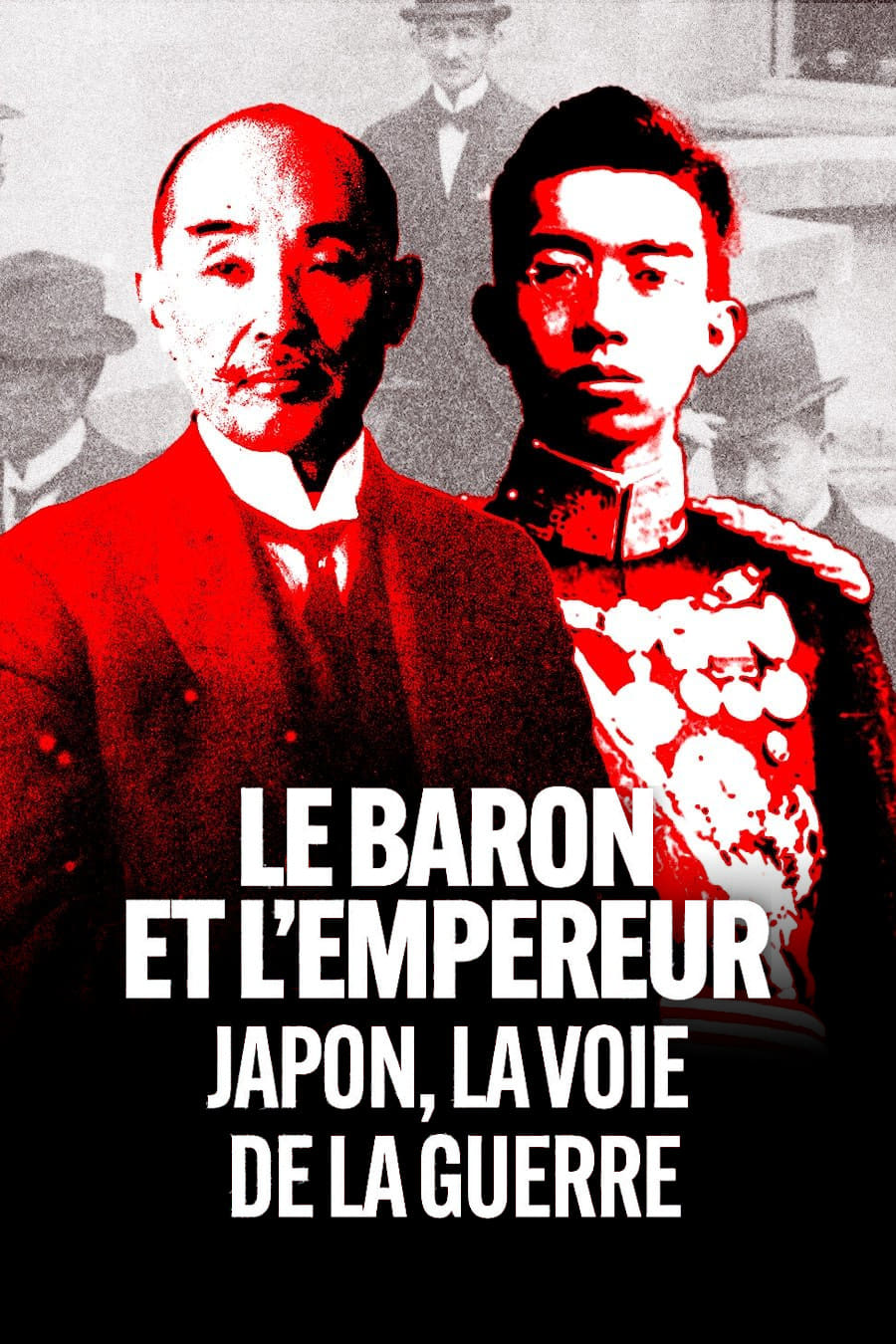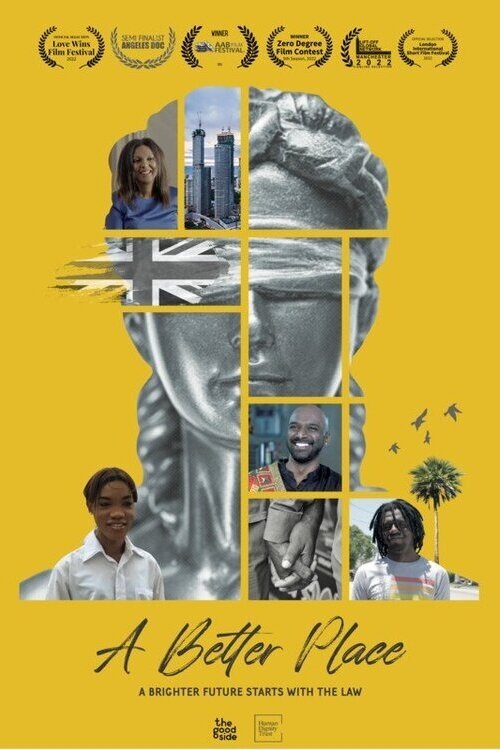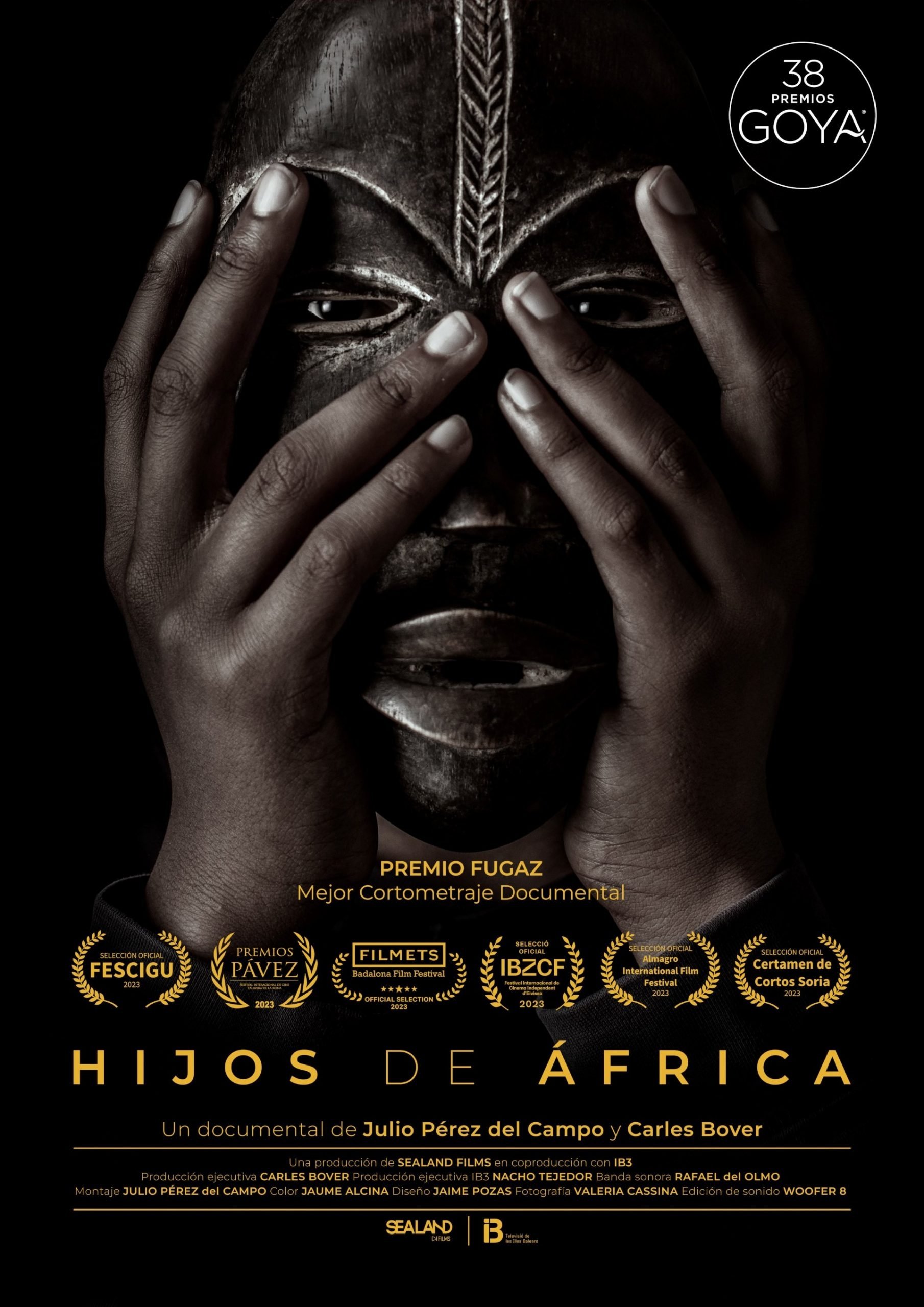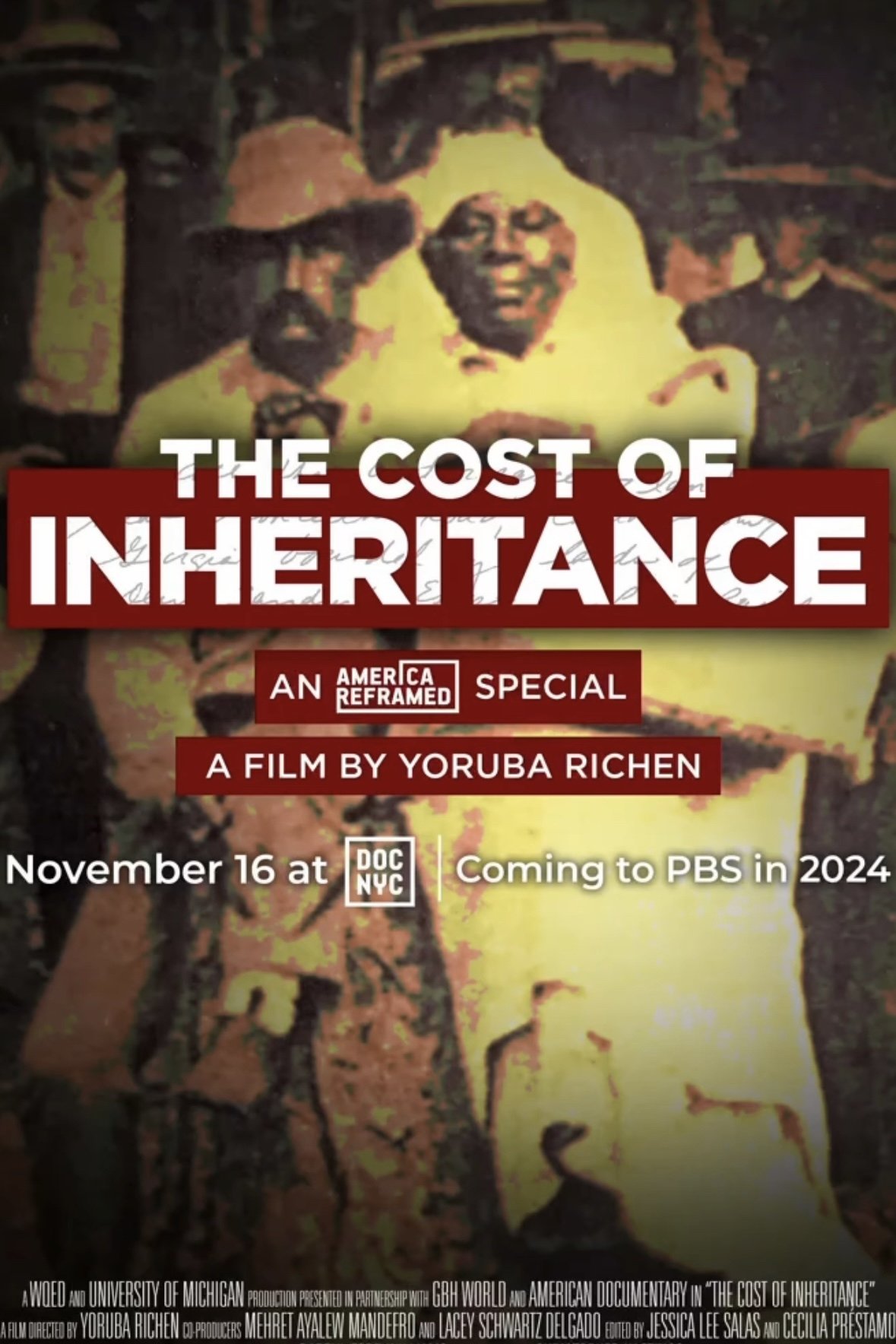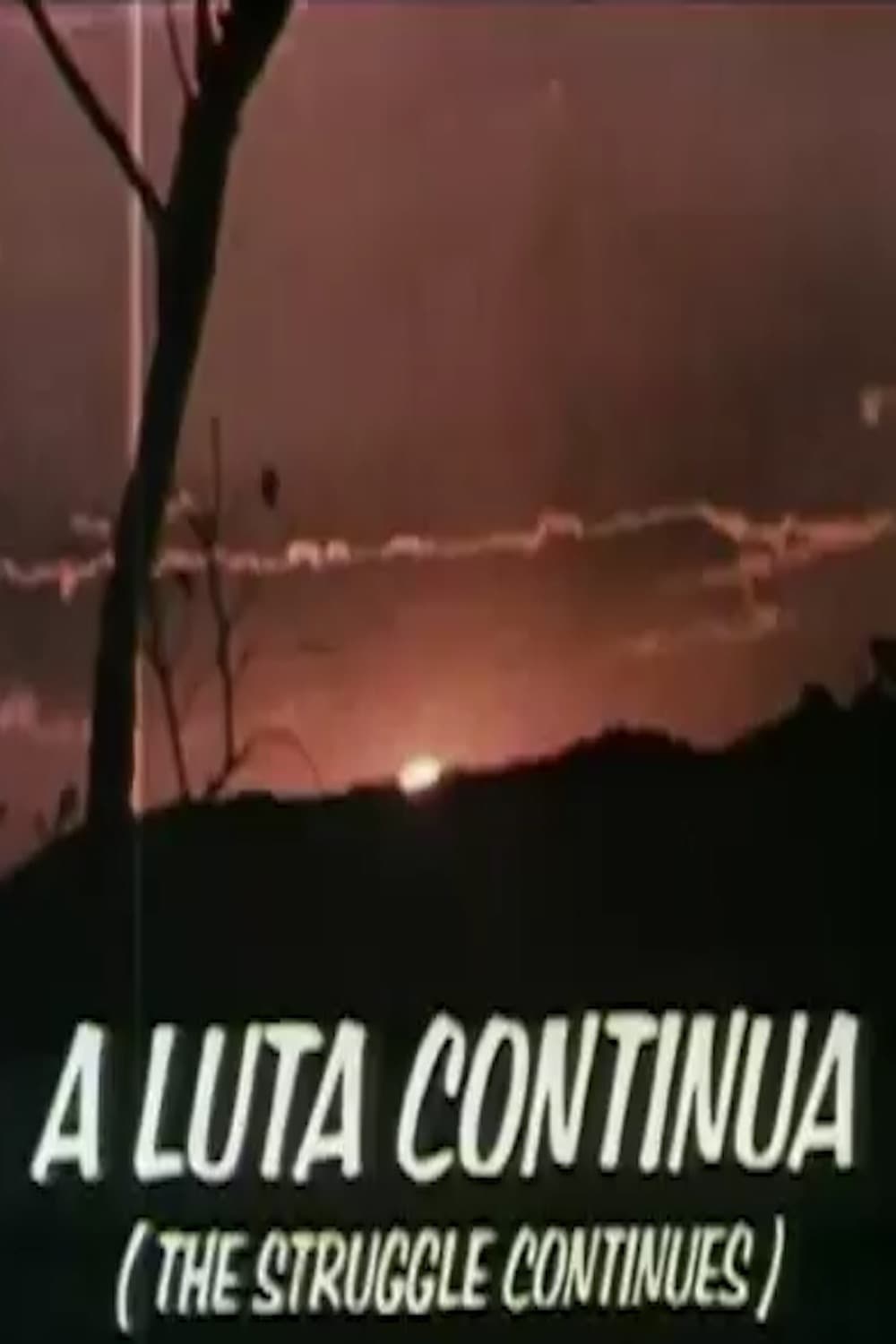Cast & Crew
8 members
Acting
Manuel Gomez
Self
No Image
Acting
Jean Dampierre
Self
No Image
Directing
Sylvaine Dampierre
Self
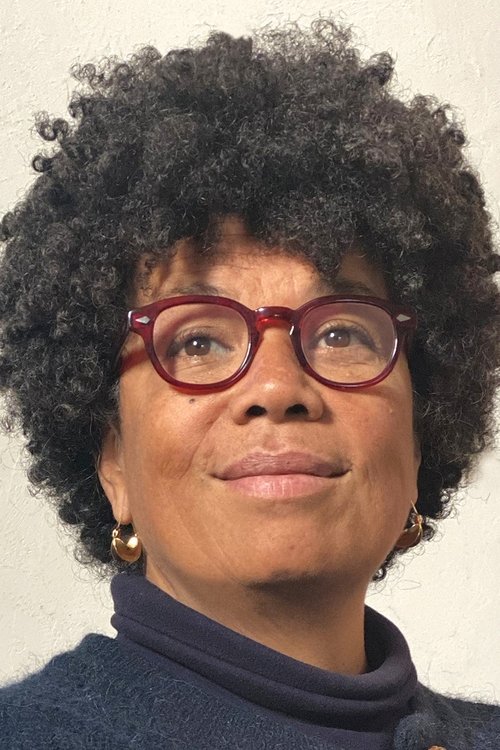
Acting
Léna Blou
Self
No Image
Acting
Michel Rogers
Self
No Image
Acting
Dimitri Garnier
Self
No Image
Acting
Suzette Créantor
Self
No Image
Acting
Adeline Jaques
Self
No Image
Similar Movies
Recommended Movies

No Recommendations Yet
We're working on finding the perfect movies for you. Check back soon!
More movies coming soon
